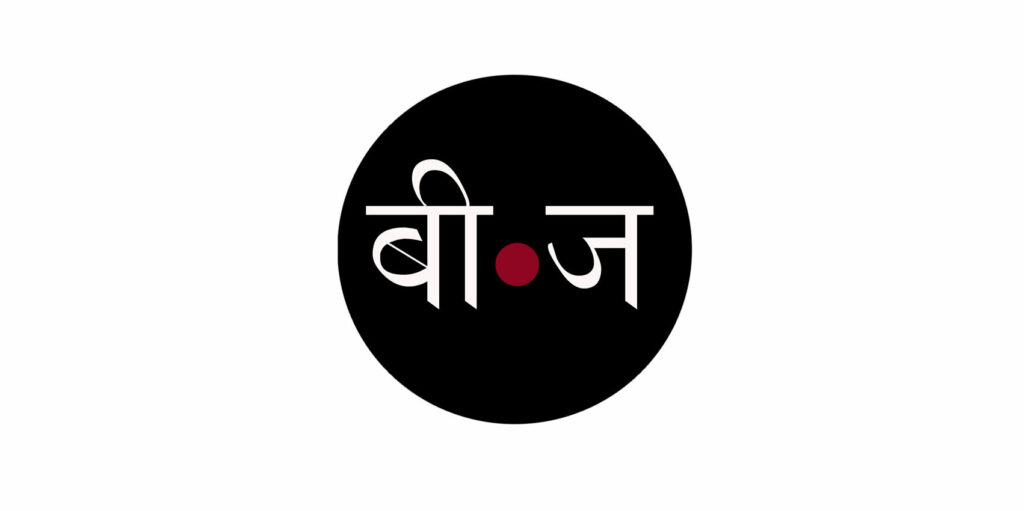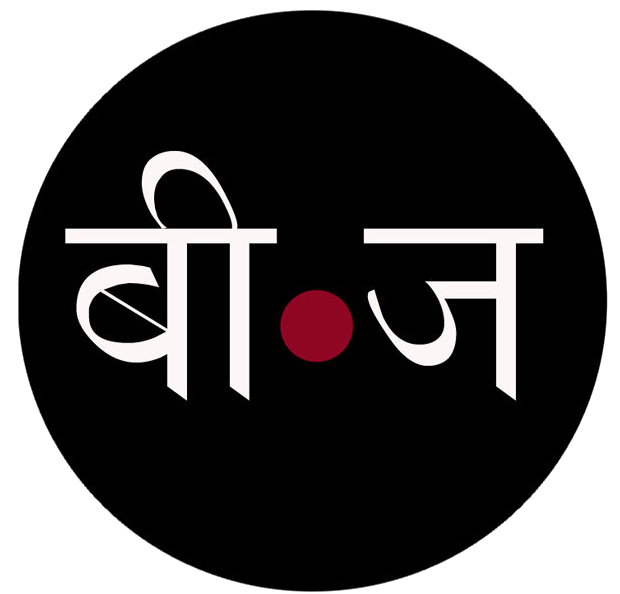“Make Indigenous People Leaders of Climate Action and Not Victims of Climate Policies”
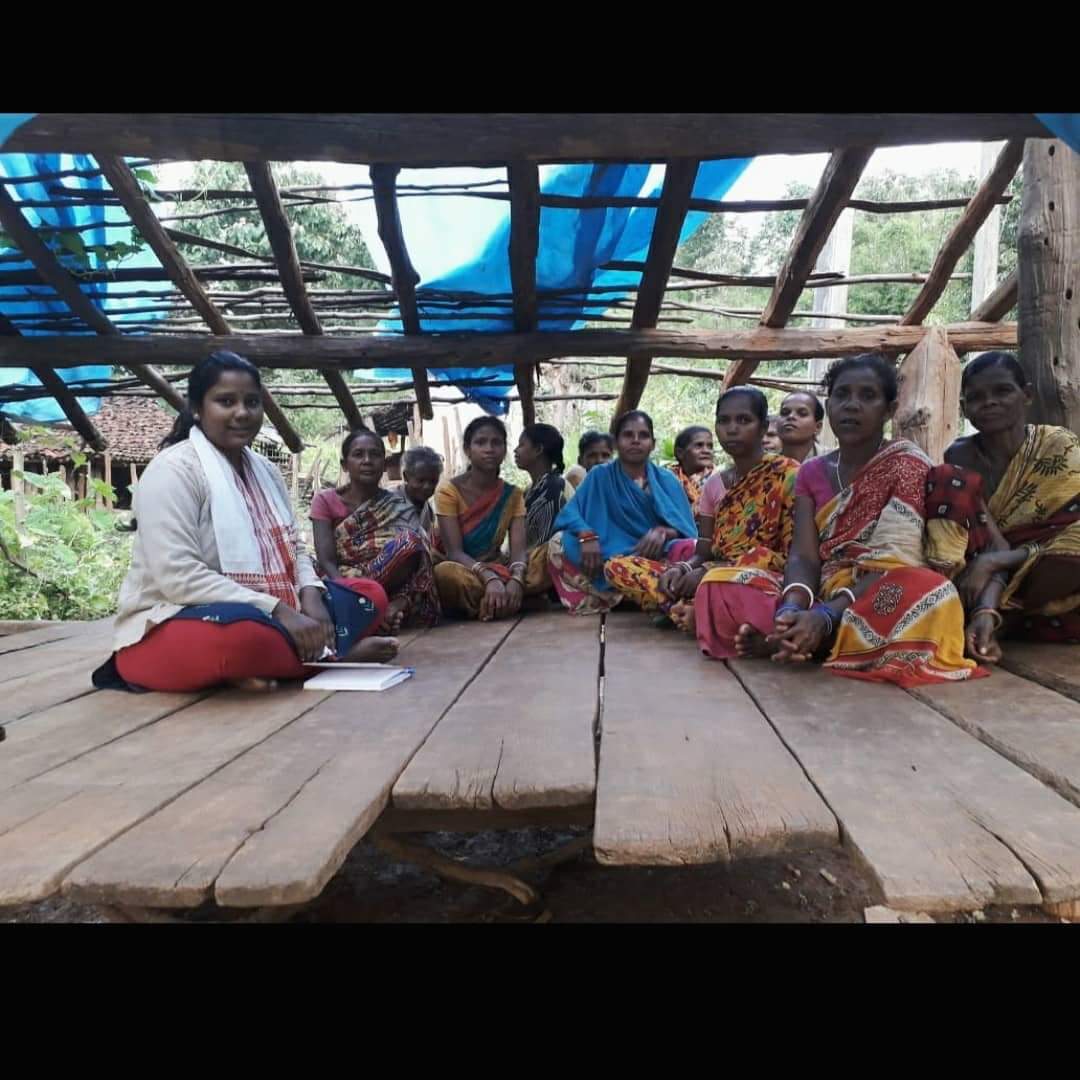
Archana Soreng, Climate Activist and Member of UN Secretary General’s Youth Advisory Group on Climate Change, belongs to the Khadia Tribe from Odisha. She has been working to document, preserve and promote traditional knowledge and practices of indigenous, local communities.
Soreng holds a Master’s Degree in Regulatory Governance from Tata Institute of Social Sciences, Mumbai. She is a research officer with Vasundhara: a policy advocacy organization that works on natural resource governance, biodiversity conservation, sustainable livelihoods and climate action.
One of the seven members of UN Secretary General’s Youth Advisory Group on Climate Change, she is also an active member of YOUNGO (Official Children and Youth Constituency to United Nations Framework Convention on Climate Change) and the contact point of the Indigenous Solidarity Working Group of YOUNGO.
She has participated in UNCCD COP 14 as part of the Global Youth Caucus on Desertification and Land and also in the 66th Session of CESCR (Committee on Economic, Social and Cultural Rights) which was held at the United Nations Headquarters in Geneva, representing indigenous youth from India. She recently participated in the Youth4Climate: Driving Ambition Event as part of PreCOP26 at Milan Italy as a member of UN Secretary General’s Youth Advisory Group on Climate Change.
In BeejLiving, she writes why indigenous people need to lead the climate movement across the world.
In my Khadia tribe, the surname ‘Soreng’ means ‘rock’. Many indigenous communities have surnames related to nature. It shows that we are so intertwined with nature, that we have elements of it in our names.
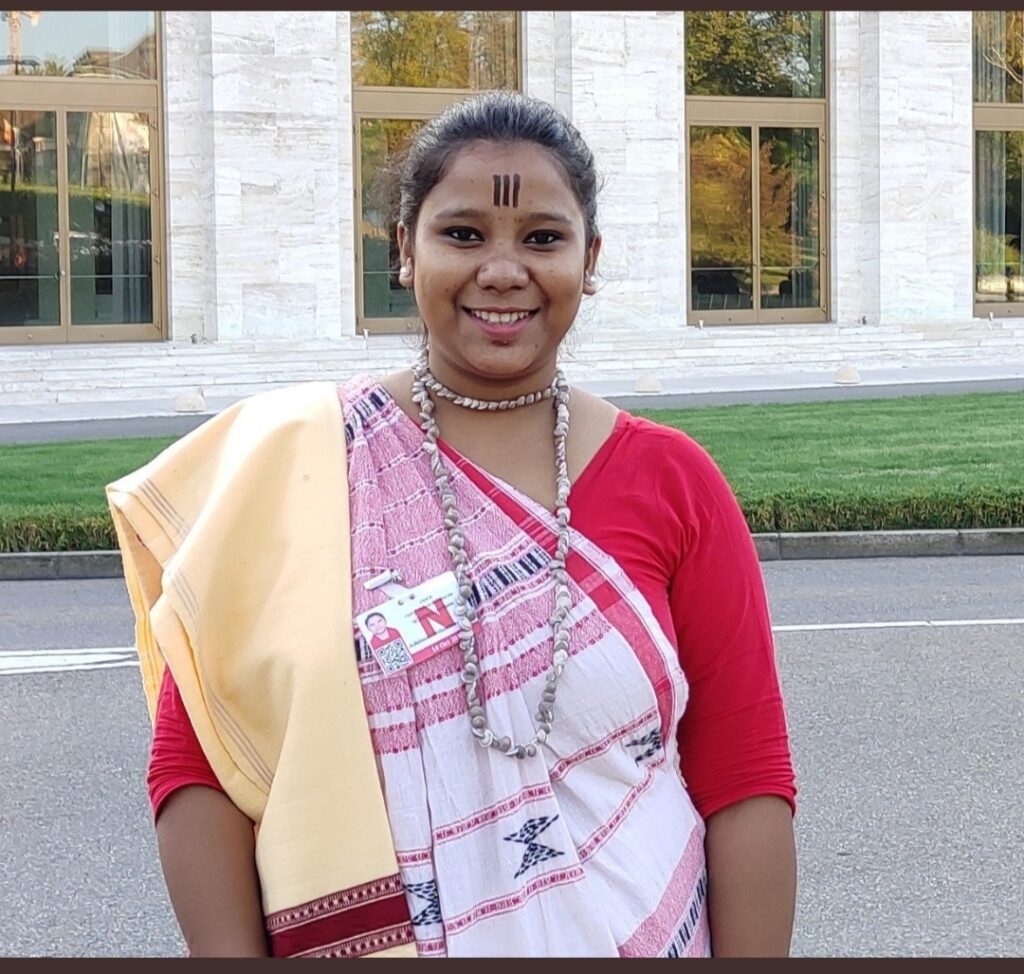
My early years
My grandfather was a pioneer in community-led forest protection in our village in Odisha’s Sundergarh district. He was a staunch believer that only when we develop a sustainable relationship with the nature, can we lead a sustainable life.
He started community-led forest protection committees with leaders of the nearby village to use forest resources judiciously, and promoted collective decision making for access to forest resources. This is what I have seen since my childhood.
My father was an advocate of indigenous healthcare. People would come to our home, and he would treat them with indigenous medicines, especially for snakebites. My mother, during my school days, made sure that I participated in all events that took place, whether it was a fancy dress competition, or singing and dancing. She enrolled me in everything. She always emphasised that, ‘winning and losing is not important, it is participation which is important’. Now, when I look back, it was her constant encouragement to participate, which helped me overcome my stage fear. I became comfortable and confident about speaking and expressing myself fearlessly. I realise now that my childhood experiences taught me to harbor relationships, and care about nature.
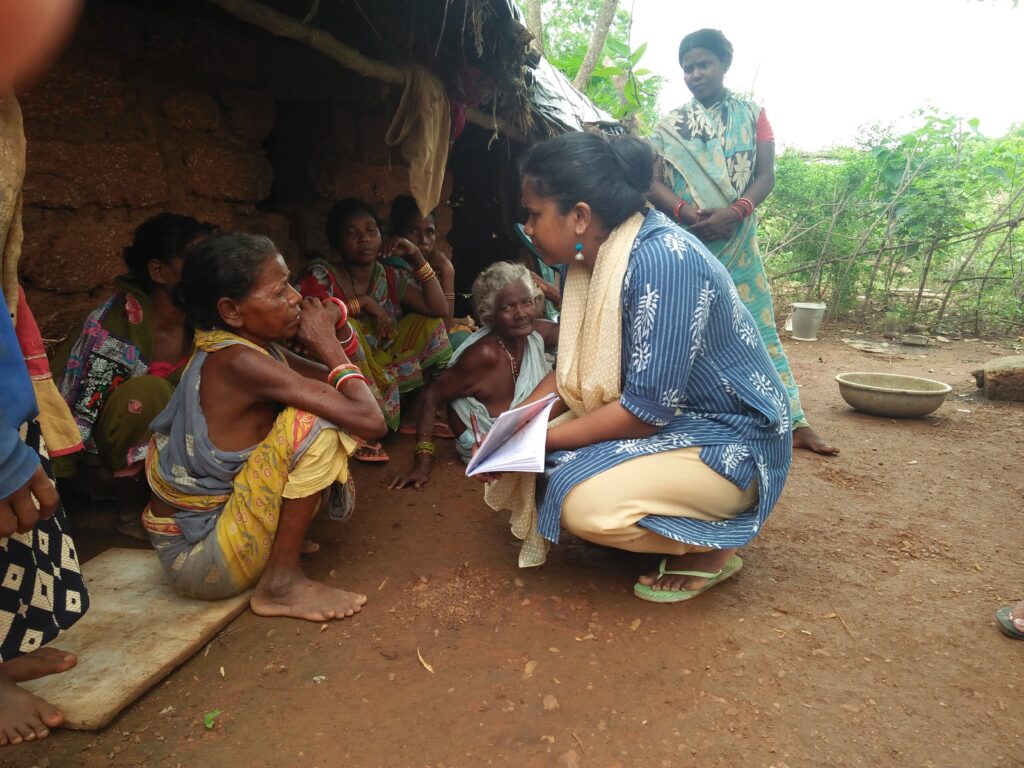
Finding a voice
After class 10, it was the crucial time to choose a career. My parents told me, “If you really want to contribute back to society, you need to be in policy making.” This sentence stayed with me and guided me throughout my journey. This led me to take humanities for my intermediate, Bachelors in Political Science from Patna Women’s College and Masters in Regulatory Governance from Tata Institute of Social Sciences.
During my Masters, I began to study environmental regulations. I found that many of the practices and the way of living of my community and adivasi communities were recorded in textbooks. These textbooks are very rarely written by adivasi community members. I realised that it is important to speak and write for ourselves and share our perspective and worldview through our own lens. It is important to raise our voice, because our voice matters.
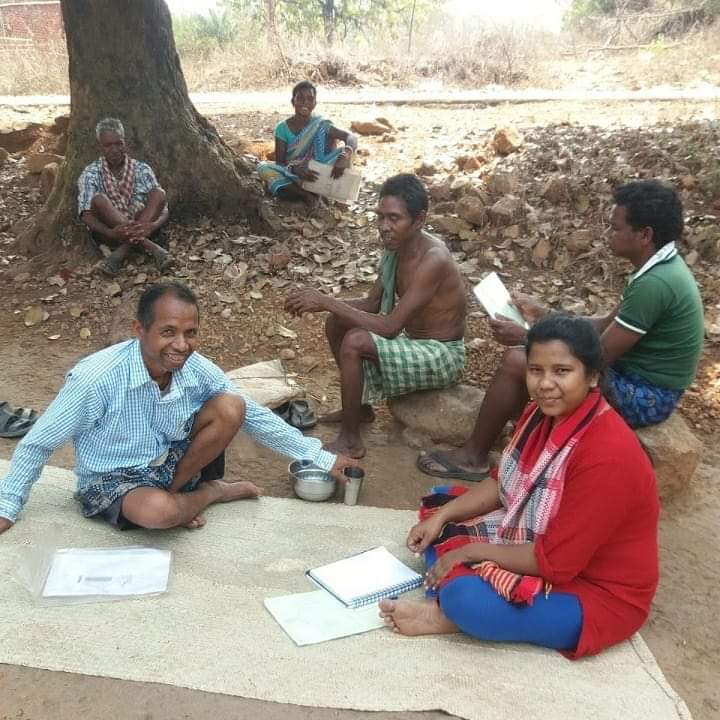
The homecoming
In 2017, while I was studying at TISS, I lost my father. His death made me accept that the leaders and elders of our community will not be around forever. It triggered in me an urgent need to learn traditional practices and document them. It is only through documentation that upcoming generations will know about these practices. This motivated me to delve deeper into writing, documenting and working on Indigenous issues while recording their contribution towards climate action and biodiversity conservation.
I had gone to multiple states to study, but following my father’s death, I decided to return home. That is how I landed up working with the TISS Forest Rights & Governance Project Odisha, and then with Vasundhara in Odisha.
Through the years I have interacted with numerous tribal communities in the state. I now know that every tribe is unique. But there is one constant. Their cultures are sustainable and respectfully intertwined with nature. Each tribe protects nature, but they have their own norms, rules and regulations.
I have been working with numerous tribal communities and not only with the Khadia tribe. As part of my work at Vasundhara, I had the opportunity to interact various tribes such as Kondh, Oraon, Santhal, Paudi Bhuiya, Ho, Munda and many other tribal communities.
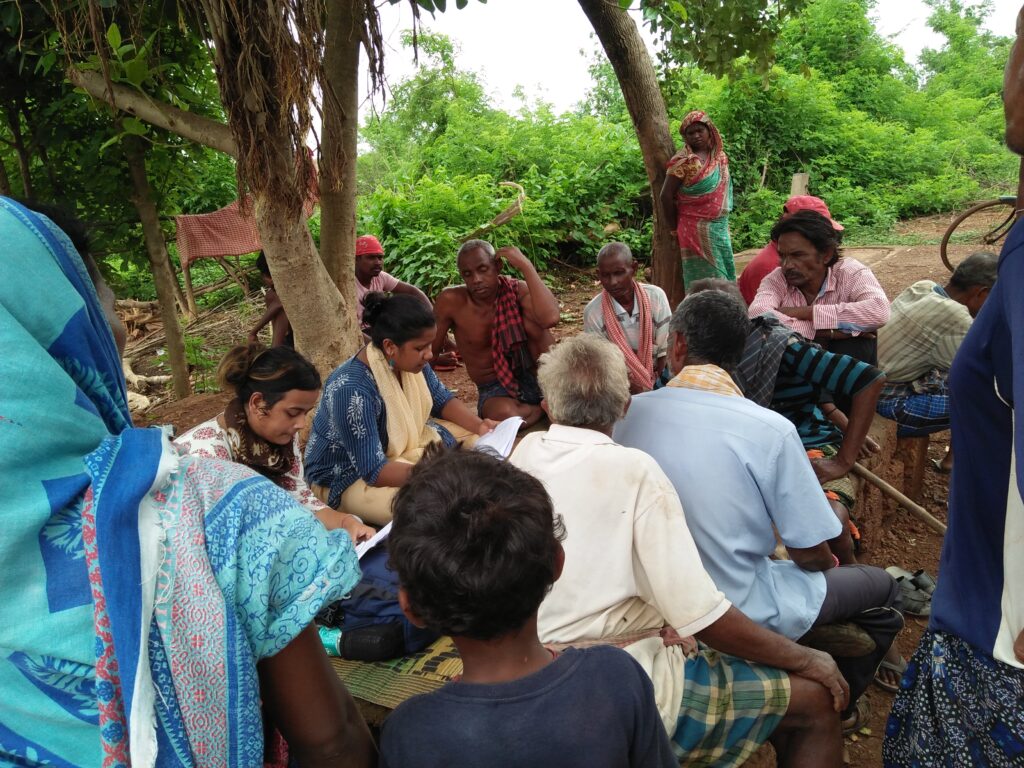
Documenting living history
Research is really crucial for documenting traditional knowledge and practices of tribal communities. We have been working with tribal youth groups, discussing how important it is to know about our community, traditions, culture and knowledge systems.
Along with my work at Vasundhara, I have also been part of an initiative called Adivasi Drishyam. In Adivasi Drishyam, we created several videos on indigenous songs, medicines etc. and uploaded them on YouTube. We firmly believe that this is not just to document these practices, but record them in different formats, which is important. When we just write about them in articles or even books, we are restricting the reach of the content. But when you share images or create videos, they are available and accessible to people who have not received formal education. Plus, there is the added benefit of the content being present on various platforms.
In order to incorporate these practices at the policy level, government entities and organisations must put in efforts to research and document the practices and their impact in an institutionalised manner. I live in Odisha, so I can write about what is happening in the state. But what about the other states? I will not know what is happening there. Collective documentation is very important, and only when something is documented can we make it a part of policies.
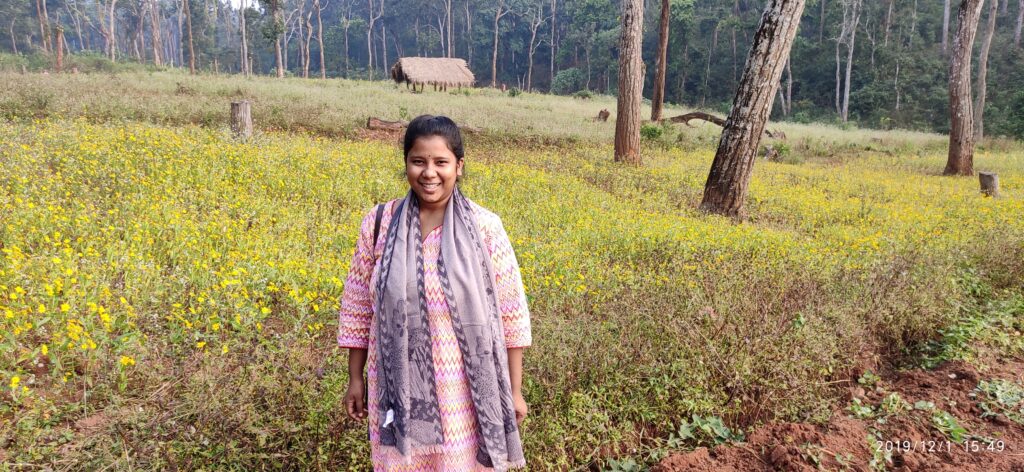
Preserving ancient traditions
Adivasis and forest dwelling communities have been contributing towards climate action and biodiversity conservation through their way of living, traditional knowledge and practices. For them, nature is their source of identity, culture, traditions, language and livelihood.
Tribal communities, including the Khadia tribe, could also provide an alternative in terms of solving the global plastic problem. For example, they collect leaves from the forest and then stitch them together with splinters to make plates. They use grass to make chairs, coconuts to make resistant ropes for beds, and twigs to brush their teeth. Because it is biodegradable, it can be an alternative to plastic, which can be adopted by the people in cities.
Unfortunately, a lot of these ideas have been “hijacked.” Tribal communities do not receive due credit and often, when their products are purchased by retailers, they receive very low compensation compared to the final price at which they are sold to customers. As the world slowly shifts towards a more sustainable model, these communities must be recognised for their input and supported so that they can play a bigger role.
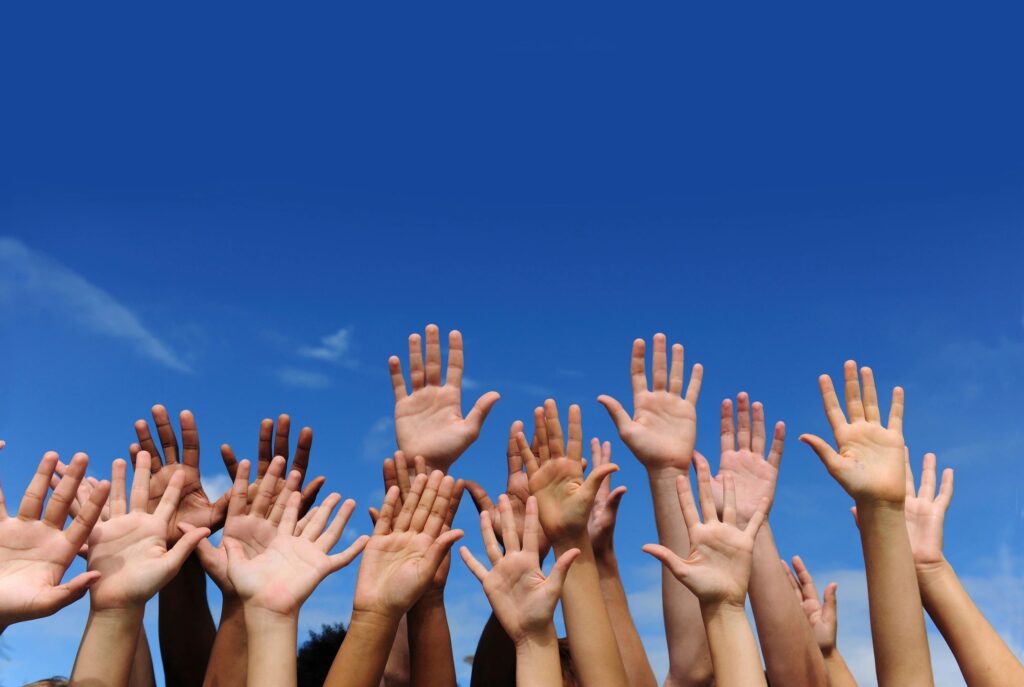
Climate activism
Climate change affects all of us, but differently.
Tribal communities are the ones who have been at the frontlines of protecting the forest and nature through their way of living, traditional knowledge and practices, even at the cost of their life, yet they are the ones who are most adversely affected due to impact of the climate crisis. Thus, we need to make tribal communities an integral part of the decision-making process of climate action.
My key call for climate action are as follows
- Countries must incorporate recognition of the rights of the indigenous people over their land, forest and territories in their territories. Countries which already have should work towards its adequate implementation.
- Respect and support the worldview and traditional knowledge and practice of the indigenous and local communities.
- Commit and ensure safe and enabling spaces for the youth and adopt policies ensuring meaningful leadership and participation in the climate action discourse.
I am proud of my identity and roots. I strongly believe that it is because of the struggles of my ancestors that I have been able to come so far. It is important for us to embrace our identity and roots and contribute back to the society in which ever way we can.
